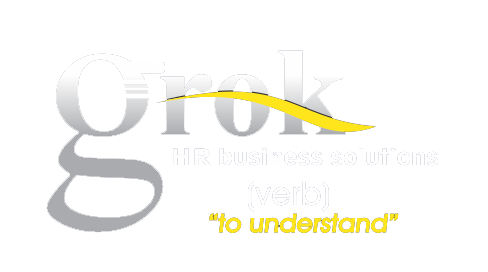Minimum Wage increase in SA – Good or Bad?
The national minimum wage in South Africa might be increasing soon, a development that has long sparked discussions among businesses, employees, and policymakers. While the potential wage hike aims to improve living standards and reduce poverty, it also presents challenges for companies, particularly small businesses, as they navigate the economic implications.
For employees, an increase in the minimum wage can bring numerous benefits. Higher wages can lead to improved living conditions, enabling workers to afford better housing, healthcare, and education. Additionally, increased earnings can boost morale and productivity, as employees feel more valued and motivated. A wage hike also has the potential to reduce income inequality, contributing to greater social stability and economic inclusivity. When workers earn more, they are likely to spend more, which can stimulate local economies and create a cycle of growth. Furthermore, a higher wage floor can push other businesses to offer competitive salaries, raising overall income levels within the job market.
However, while a higher minimum wage can be beneficial, it may also have unintended consequences. Some companies might respond to increased labour costs by reducing their workforce, leading to job losses. Others may cut back on employee benefits, bonuses, or training opportunities to offset expenses. Furthermore, if inflation follows wage increases, the purchasing power of employees may not improve significantly, potentially negating the intended benefits. Young and inexperienced workers may face increased difficulty entering the job market, as businesses may prioritize hiring experienced staff to justify higher wages.
From a business perspective, a higher minimum wage can have certain advantages. Better-paid employees tend to be more motivated, engaged, and productive, leading to lower turnover rates and reduced recruitment costs. Increased wages also mean higher consumer spending, which can drive demand for goods and services, ultimately benefiting businesses. Companies that invest in their workforce by offering competitive wages may see improvements in employee loyalty and brand reputation, making them more attractive to top talent. Additionally, when employees experience financial stability, they are less likely to experience stress-related illnesses, leading to lower absenteeism and a healthier work environment.
On the downside, businesses—especially small and medium-sized enterprises—may struggle with the financial burden of higher wages. Some might have to increase prices, potentially reducing their competitiveness. Others may resort to automation or outsourcing to cut costs, further impacting job opportunities. Additionally, businesses operating on tight profit margins may find it difficult to sustain wage hikes, potentially leading to closures or downsizing. Industries that rely heavily on low-wage labour, may be particularly vulnerable to increased wage costs. Employers may also attempt to circumvent wage regulations by reducing working hours, converting permanent positions into part-time roles, or shifting operational strategies to maintain profitability.
The Debate: Is a Minimum Wage Increase good or bad?
The debate over whether increasing the minimum wage is beneficial is complex, with strong arguments on both sides. Supporters argue that a wage hike is essential for reducing poverty, improving worker well-being, and stimulating economic growth. They believe that when workers have more disposable income, they contribute to higher demand for goods and services, which in turn benefits businesses and strengthens the economy as a whole. Proponents also assert that fair wages reduce income inequality, create a more just society, and lessen the burden on social welfare programs.
Opponents, on the other hand, warn that increasing the minimum wage could lead to higher unemployment, especially among low-skilled and entry-level workers. They argue that businesses facing increased labour costs may either lay off workers or automate processes. Additionally, some economists caution that wage hikes may lead to higher inflation, which could diminish the intended benefits for workers as the cost of living rises in response.
Ultimately, the impact of a minimum wage increase depends on various factors, including the rate of the increase, the economic climate, and how businesses adapt to the change. A well-balanced policy that takes both employee welfare and business sustainability into account is crucial to ensuring that a wage increase achieves its intended objectives without causing unintended harm.
The potential increase in South Africa’s national minimum wage presents both opportunities and challenges. While it aims to improve the standard of living for workers, it also poses economic risks for businesses. Striking a balance between fair wages and economic sustainability is crucial to ensuring that both employees and companies can thrive in a changing economic landscape. Policymakers must consider supportive measures such as tax incentives for small businesses, phased wage increases, and productivity-enhancing initiatives to mitigate negative impacts. A holistic approach that takes into account both social and economic factors will be essential in making the wage increase a sustainable and beneficial move for all stakeholders.
For more information or assistance with your industrial relations contact us on info@grokon.biz
Not yet a grok consulting client, but would like to know more about our service offering?
email us: info@grokon.biz
www.grokon.biz
